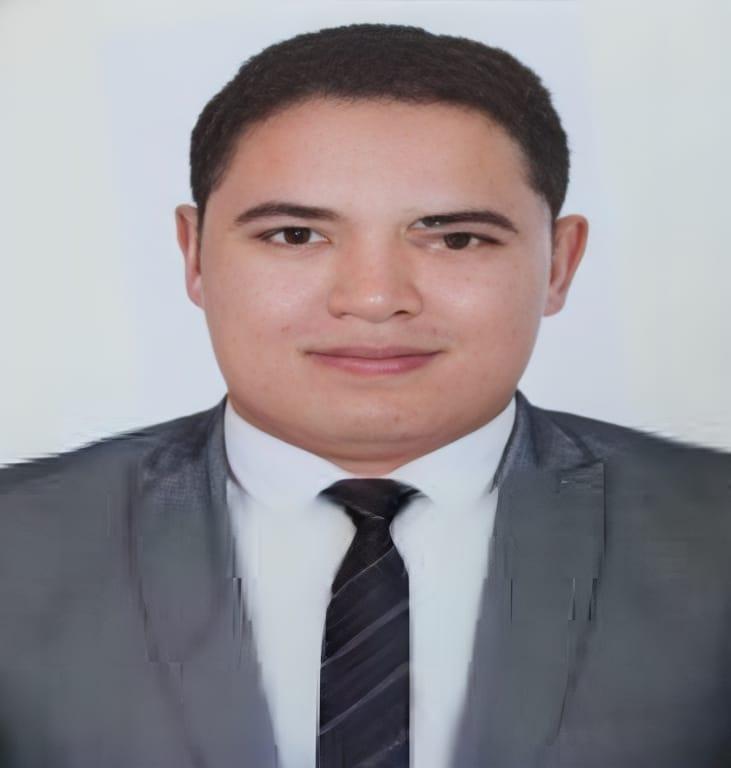Dr. Moamen Shalkamy | Associate Professor and Consultant in General Surgery, Colorectal Surgery, and Oncology 🌟
Dr. Moamen Shalkamy is an Associate Professor and Consultant in General Surgery, Oncology Surgery, and Endoscopic Surgery at Assiut University, specializing in Colorectal Surgery. He offers excellent medical services in general surgery, treating a wide range of conditions for patients of all ages. With over 15 years of experience in various surgical specialties, he focuses on providing precise and comprehensive care.
Medical Specializations
Dr. Shalkamy offers a variety of services in different surgical fields, with a special focus on Colorectal Surgery and Oncology. His specializations include:
🔹 Pediatric General Surgery
Treating surgical conditions in children, including gastrointestinal issues and other conditions that require precise surgical intervention.
🔹 Abdominal Surgery
Handling various abdominal conditions such as intestinal obstruction, appendicitis, and other urgent conditions.
🔹 Oncology Surgery
Breast Cancer Surgery: Diagnosis and surgical treatment of breast cancer.
Colorectal, Liver, and Stomach Cancer Surgery: Removal of tumors and performing complex surgeries to remove cancerous growths.
🔹 Obesity & Weight Loss Surgery
Providing surgical solutions for severe obesity, including procedures like gastric sleeve and bariatric surgery.
🔹 Endocrine Surgery
Treatment of endocrine diseases such as thyroid and adrenal gland tumors.
🔹 Gastrointestinal Surgery & Endoscopy
Includes diagnostic and therapeutic endoscopic procedures for digestive disorders like inflammatory bowel disease, gastric ulcers, and more.
🔹 Trauma & Accident Surgery
Emergency surgery for trauma cases, including abdominal injuries and other severe conditions.
🔹 Colorectal Cancer Surgery
Treatment of colorectal cancer through tumor removal and necessary surgical procedures.
Academic and Professional Experience
🔹 PhD in Medicine
Dr. Shalkamy holds a PhD in Medicine from Assiut University (2004), reflecting his commitment to providing the highest level of medical care.
🔹 Teaching at Assiut University
Since 2008, Dr. Shalkamy has been a lecturer at the Department of Surgery at Assiut University, where he trains new surgeons and helps enhance their skills in general and specialized surgery.
Specialized Surgical Services
Colorectal Surgery:
Includes colon removal, hemorrhoidectomy, inflammatory bowel disease surgery, and treatment of chronic bowel disorders.
Tumor Removal:
Surgical removal of tumors from the colon, liver, stomach, and breast.
Endoscopic Surgery:
Minimally invasive procedures for diagnosis and treatment, offering faster recovery and fewer surgical risks.
Rectal Fixation Surgery:
A specialized surgery to treat conditions related to the rectum and colon.
Treatment Centers
Dr. Shalkamy provides his services at the Samalout Center, Saffsafeya, Minya Governorate, offering comprehensive surgical services in a modern and well-equipped medical environment.
Contact and Appointment
Consultation Fee: 100 EGP
Free Consultation for 7 days from the date of the appointment.
📞 Contact:
Phone: 01017520093
Email: moamen.shalkamy@aun.edu.eg
Personal Email: dr.momenshalkamy@gmail.com
Dr. Moamen Shalkamy provides specialized medical care using the latest techniques in Colorectal Surgery, Oncology Surgery, and Endoscopic Surgery, ensuring the best outcomes for his patients and promoting their full recovery.

